As Mitt Romney and President Barack Obama debate political issues on national television, students face the responsibility of developing their own opinions. Based on what they watch, what they hear at home, what they and their friends discuss at school, and what they see on the internet, students discover their core beliefs and learn to argue them accurately.
While exposure to news and campaigns is crucial for formulating an opinion, one source shouldn’t be sharing their views with students: teachers.
Though teachers have been told to not impose their political beliefs on their students, the 2012 presidential election and upcoming amendments have introduced a situation in which this “rule” has been ignored by some teachers. While educated discussions on various political topics ought to be encouraged amongst students, teachers should strive to avoid all involvement and allow students to develop their opinions.
Students, when faced with the opinions of their teachers, may fear speaking out because of potential consequences. If a teacher presents a political argument that a student disagrees with, why would they say so if they felt their grade or relationship with that teacher would be affected? Thus, students learn to only discuss opinions when they feel safe; they suppress their thoughts because they fear disapproval from figures of authority.
This is not a healthy environment for students to formulate opinions.
There are, however, classes which encourage student participation on crucial issues. Morality, a discussion-based class for juniors, creates an atmosphere where students learn the teachings of the Catholic Church but allows students to openly talk about their opinion on controversial topics. Granted, this class is meant to have disagreements, but other classes should follow the same format if intelligent, reasonable discussions are to take place. It can’t just be the teacher talking at the class.
Some teachers may find it difficult to mask opinions on political issues when teaching a class regarding the government. But in order for students to form their own opinions on said issues, both sides must be presented evenly. This may be a challenge for teachers with strong views, but it is an important part of their job.
Teachers, if there isn’t time for full-class discussions on the topics you choose to share your beliefs on, if students are unable to say how they feel about the election or the amendments or whatnot, don’t bring it up. Opinions don’t belong in a lecture.


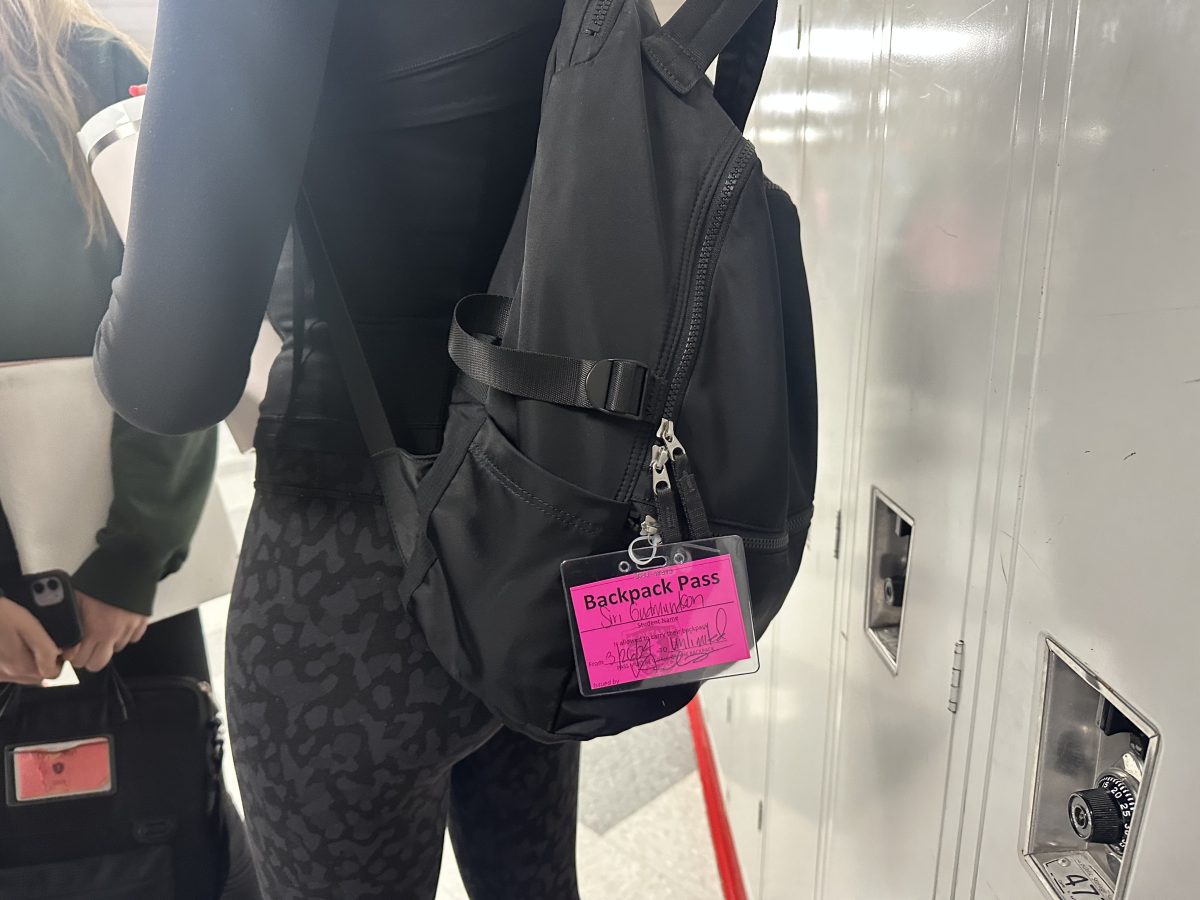
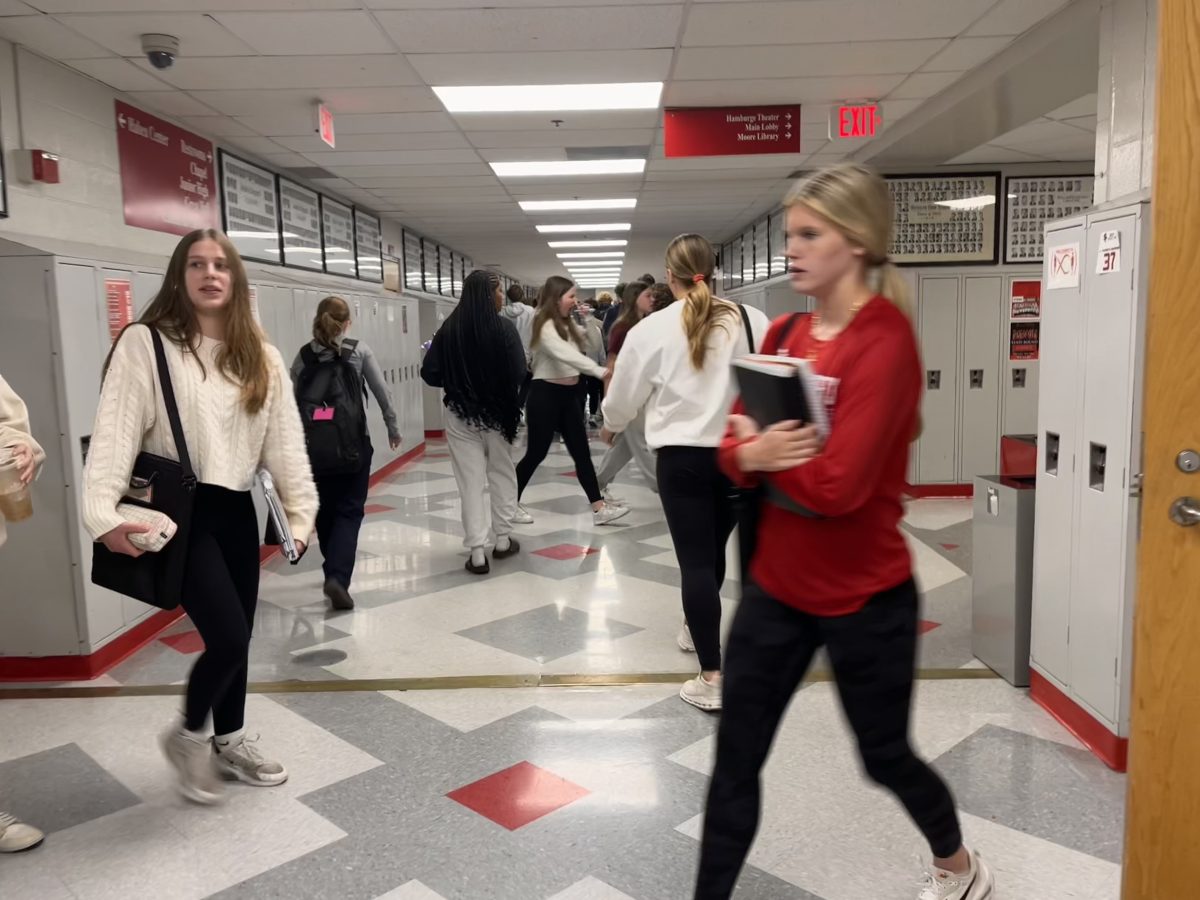
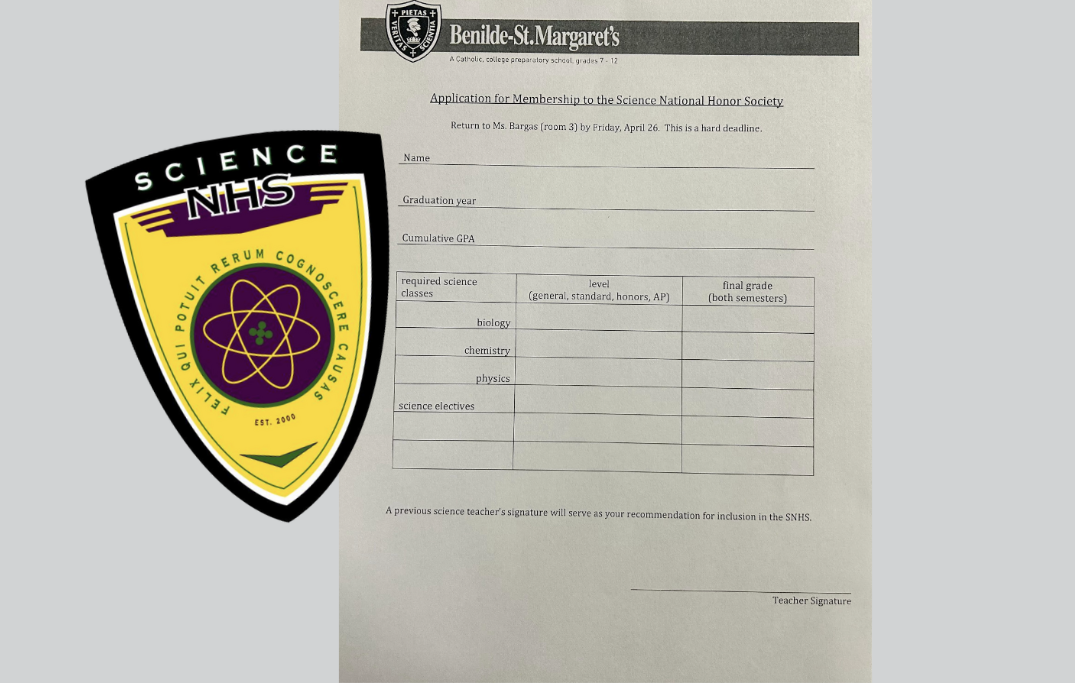
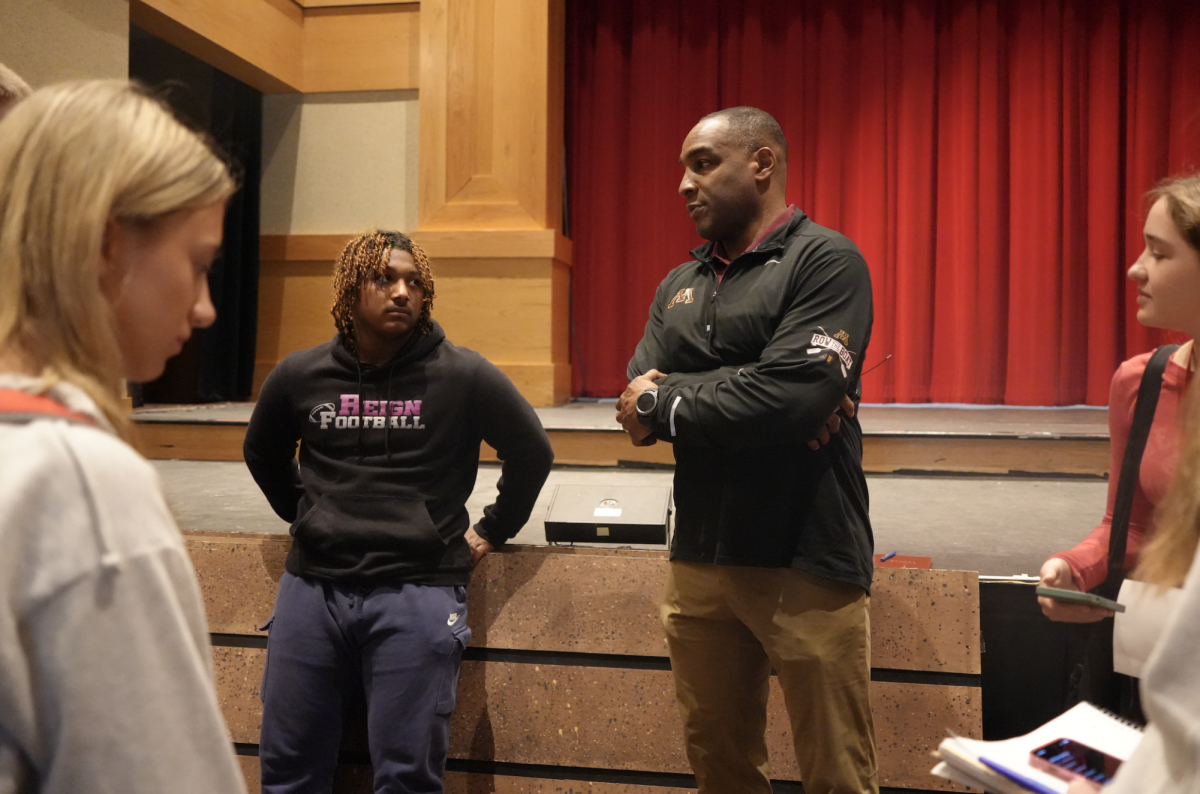
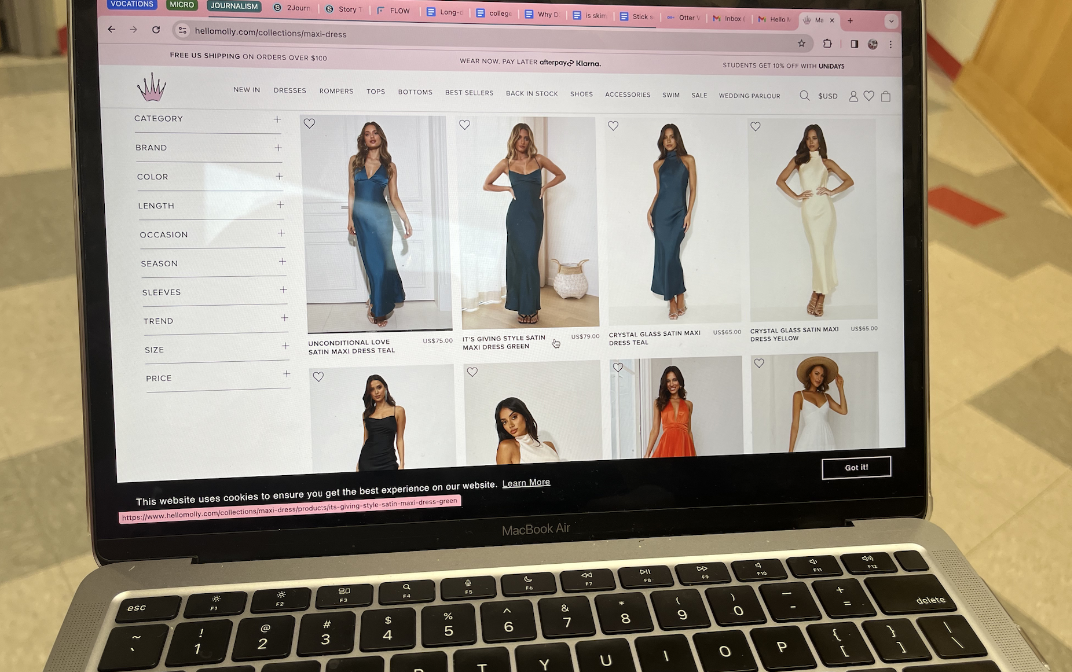


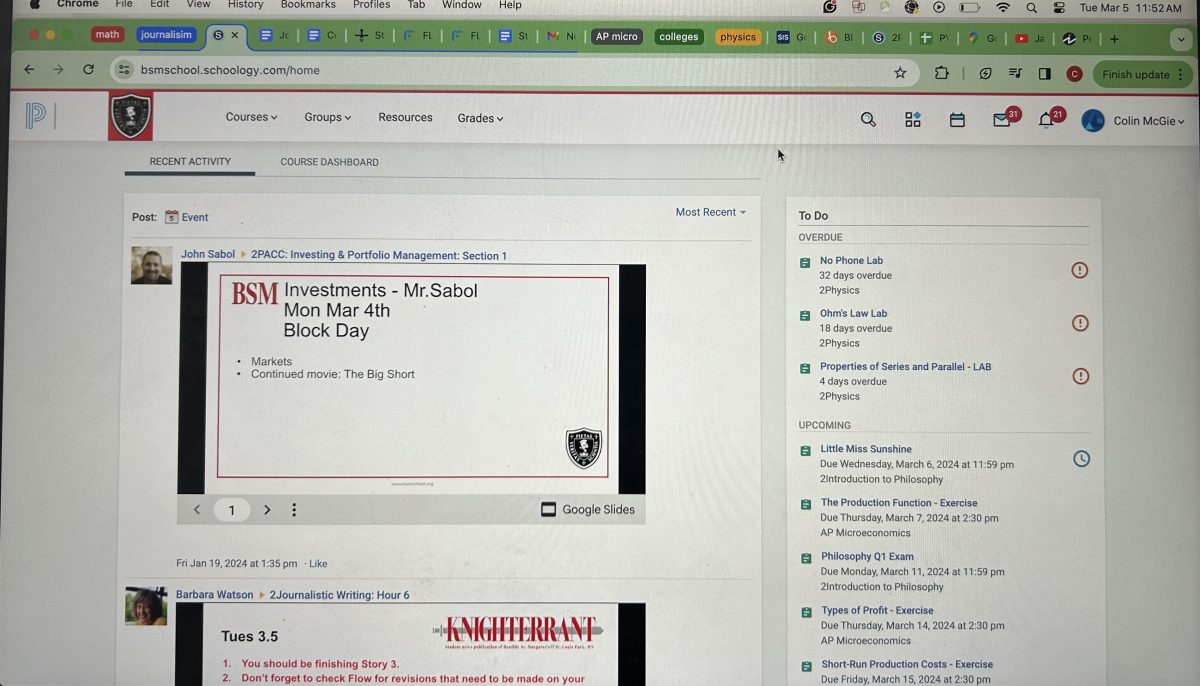





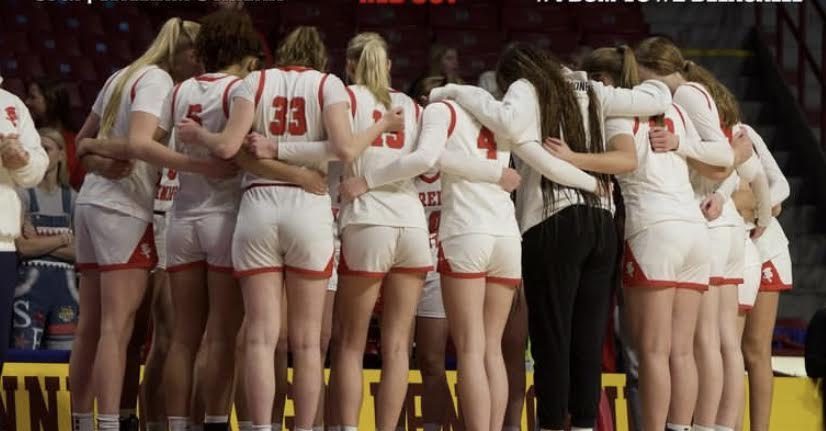




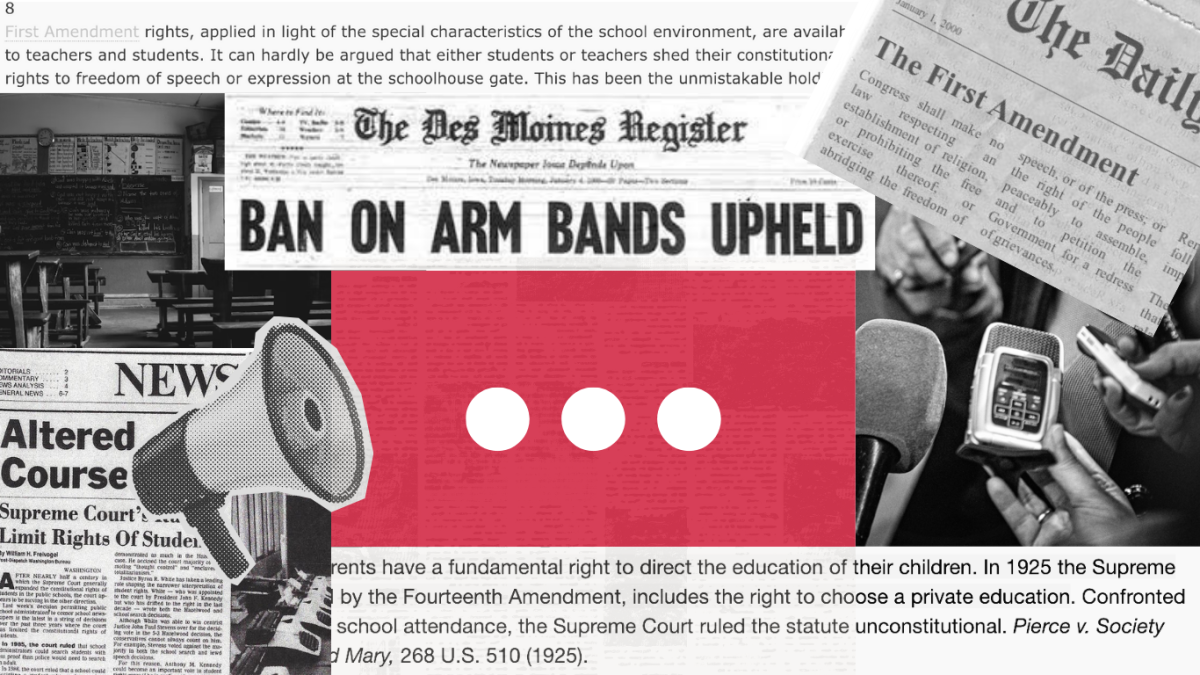
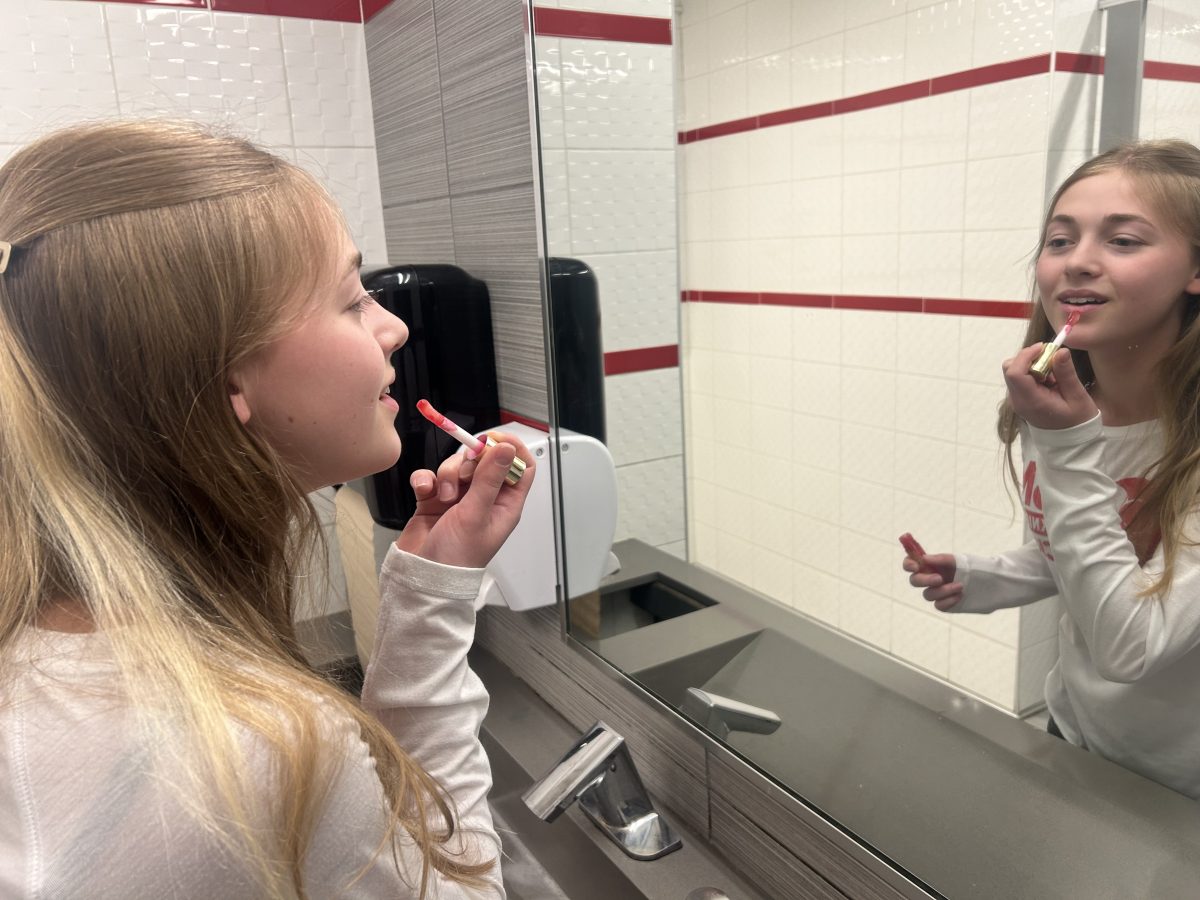

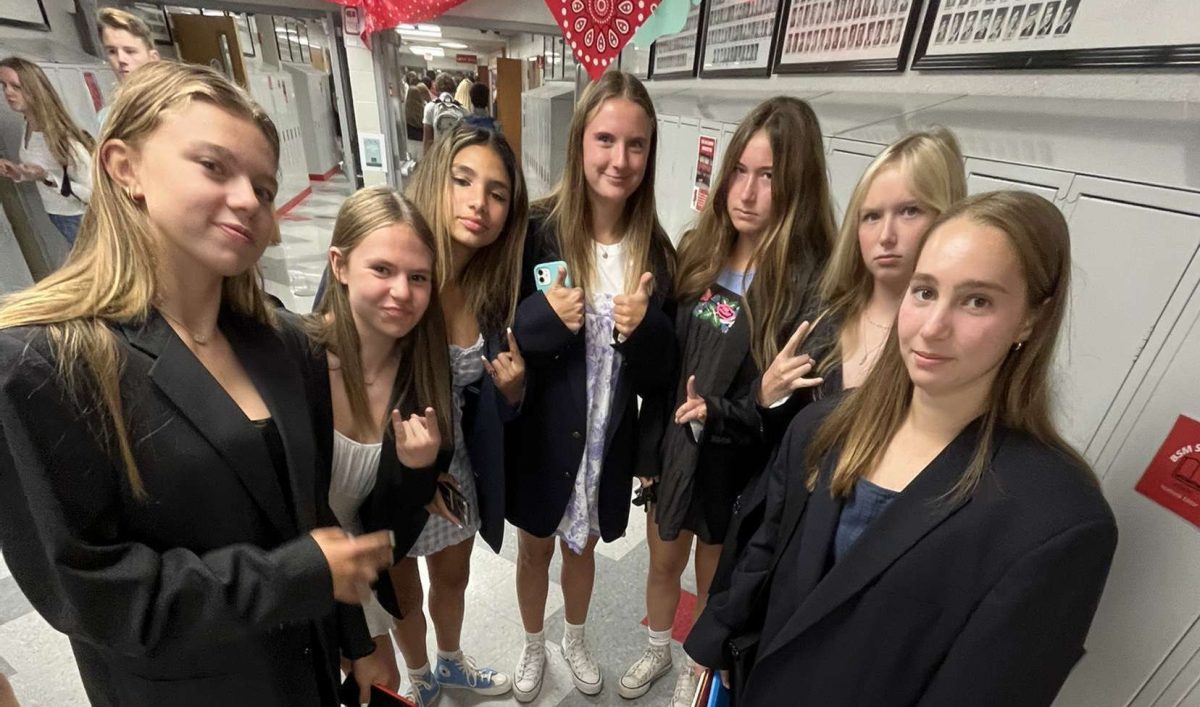













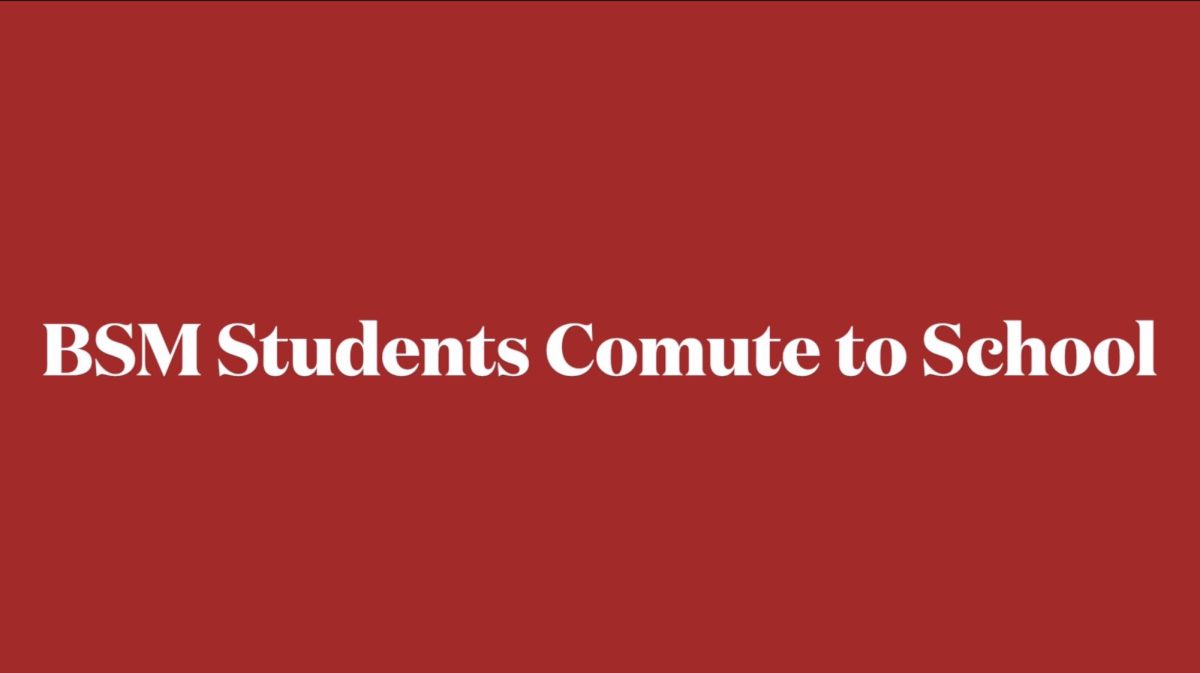






Jon Pachkofsky • Dec 2, 2012 at 8:14 am
Faculty and Staff should not share their political beliefs with any student but rather only what the parties differences are if asked or is warranted.
We all have our favorites but no matter the outcome of the elections we should all realize that everything is in Gods hands.
Claire Drawe • Oct 22, 2012 at 9:59 pm
’07 alum here. Currently teaching government at an urban high school in NY. I’ll give you 1 guess as to the more popular presidential choice of the seniors that I work with. And while I share their opinion, and one look at my car in the parking lot solidifies that. I make sure that I do not present any information that isn’t fact checked against multiple sources (FYI, sometimes my students still get me, I invite it!). We watch debates, the classes must be educated on both party platforms (information comes from both the parties, both sides of the media as well as foreign and domestic news media), my students know my opinion, but they also know that if they choose to accept the information that I am giving them, that they will be fully knowledgeable about both parties without bias. This is skill that I learned while I was a student at BSM during the 2004 election.
It doesn’t take a lot to figure out which teacher votes for which party. Anyone who isn’t a freshman knew it LONG BEFORE talk of an election started, don’t act so surprised now. Also high school is the safest place to have a really great conversation about morality and politics and my teachers did that for me in the 04 election and I had a not so popular opinion at the time. I know that some of the staff has changed in the last 5 years but I cannot think of any staff members who would not be delighted if a student had an original thought especially if it was different than theirs because that means you are learning to think on your own, make up your own mind, if a teacher starts to lecture suggest that you have a different opinion that should be presented.
As a teacher I say this to you the same way I say it to my students, I cannot read your mind, if you do not like something, disagree with something or think I am wrong, that’s awesome. Tell me! I don’t know everything. I can get you the information. Most of the teachers I know at BSM would be happy to have a dialogue with you, if you asked. Have you asked? Did you bring up these opinions in class and after school with faculty before ranting about your teachers who work very hard to educate you?
I agree you should have a safe space to talk about the election, the safest place to do that should be your classroom and I am sorry if you feel that it is not, but if the first time your teacher is hearing that it isn’t a safe space is by reading the paper, then the classroom is no longer a safe space for them either. Share your opinions in the classroom, instead of complaining in the paper. I promise you your teachers are dying to hear that you are actually thinking about things that matter.
Dave Roy • Oct 22, 2012 at 8:24 pm
Great editorial. I was a ’79 BSM grad. We had a Mr. Barbeau who tossed out favors for students who worked on the campaign of his favorite candidate at that time…Michael Freeman. Barbeau was a liberal through and through and wanted to see his students adopt his ideology. So, if you worked on the Freeman campaign you go credit towards your grade. At that time, there was a lot of that at BSM. Another example was the women’s basketball coach. Womens basketball was the few competitive BSM sports at the time where they actually went to state. The coach had a lot of power. In a class I took from the coach I was able to improve my letter grade one whole level by attending a womens basketball game.
Teachers have no place in letting their students know their political preferences. They should only encourage critical thinking and debate. Unfortunately, education today has a reputation as a liberal bastion promoting their ideology. My examples are but small proof of that. It continues today, especially at the collegiate level.
Think for yourself BSMers. If a teacher is sharing their own views, they have an agenda they are trying to impose on you. Challenge them and don’t be afraid, grades be damned. Only then can we live in a true republic where free speech is allowed without impunity.